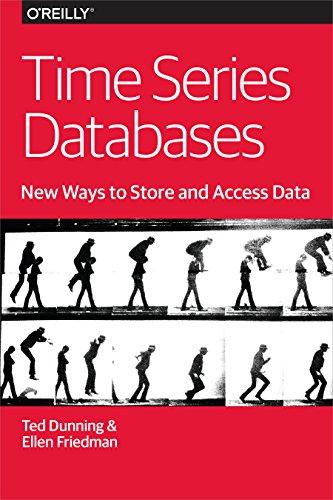Question
Void sig_handler(int sig){ if (sig == sigint) cout < < Handling interrupt! < < endl; else if (sig == sighup) cout < <
Void sig_handler(int sig){
if (sig == sigint)
cout<< " Handling interrupt! " << endl;
else if (sig == sighup)
cout << " Handling hangup! " << endl;
else if (sig == sigkill)
cout << " Handling kill! " << endl;
}
int main (int argc, char *argv[]){
signal (SIGINT, sig_handler);
signal (SIGKILL, sig_handler);
signal (SIGHUP, sig_handler);
while(1)
pause();
}
Modify the program so that it should be able to handle all of the listed signals if they aren't already being handled. (Note: you can use the kill command to list the signals and their names.)
After compiling with the new code, what happened, and why, when you tried sending the same list of signals to the running process? In particular, why does it not handle 9 and 19?
Step by Step Solution
There are 3 Steps involved in it
Step: 1

Get Instant Access to Expert-Tailored Solutions
See step-by-step solutions with expert insights and AI powered tools for academic success
Step: 2

Step: 3

Ace Your Homework with AI
Get the answers you need in no time with our AI-driven, step-by-step assistance
Get Started


